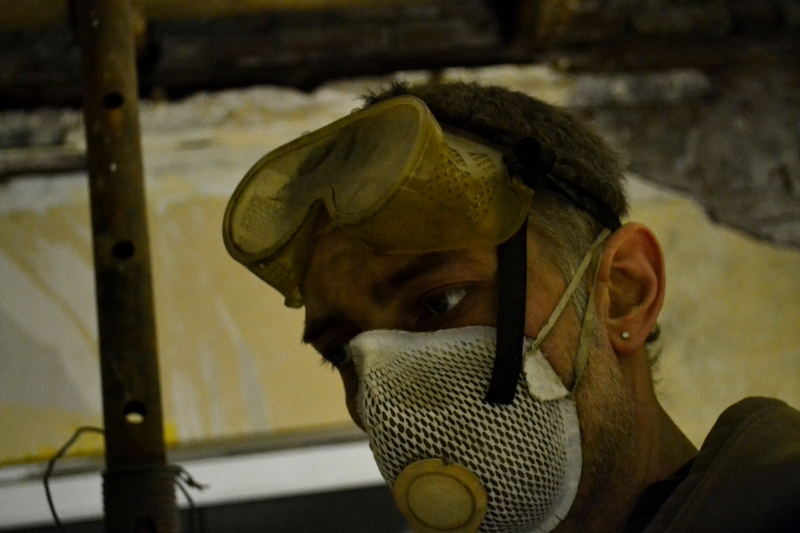What Are the Disadvantages of Mining?

The disadvantages of mining include harm to air pollution, water pollution, loss of usable land, destruction of animal habitat, and harm to local communities and the miners themselves. While mining produces the resources needed for fuel, electronics, and other items as well as jobs, companies often don’t factor the harm mining can do into their decision making.
Air Pollution
Lead, arsenic, cadmium, and other harmful substance As are often exposed by mining and picked up by the wind, causing allergies and breathing problems in local people. Mining machinery uses fossil fuels and releases large amounts of carbon dioxide and other substances that contribute to global warming.
Water Pollution
Mining can cause metal contamination and acid mine drainage that makes water unsafe for plants and animals. Sediments released by mining choke streams and erode soil. Both of these problems also cause problems for farming and the water people drink.
Loss of Usable Land
Mining, especially open pit mining, destroys land that can be used for farming, houses, and other human purposes, often permanently. Entire mountains and rivers can be destroyed. Loss of soil and deep underground excavation can also make land unstable and collapse.
Destruction of Animal Habitats
Mining also has disadvantages for plants and wildlife. It destroys homes and food sources for animals and leads to less diverse plant and animal life. Endangered species that are already sensitive to changes in their environment are especially at risk. Because mining releases toxins that linger for years later, the damage to plants and animals often isn’t fully understood until after mining has ended.
Harm to Miners
Mining is dangerous for the people who do it, especially for miners who work underground. Breathing in mineral dust can cause deadly diseases like pneumoconiosis or black lung, while the machinery used often causes hearing loss. Back injuries and other physical problems are also common in miners. While big disasters often show up in the news, many of the miners who are killed or injured on the job never receive media attention. In 2010, almost 2,500 miners died from causes other than major accidents.
Consequences for Local Communities
Mining is also harmful to the communities that support mines. Mining can lead to loss of homes, land, and clean water, and it often releases chemicals into the environment that cause health problems for locals. Mines also need large amounts of water to operate, which leaves less for people to drink or farm with.
It also causes less obvious problems. Because only some people in an area benefit from mining, but everyone faces at least some of the disadvantages, mining can divide communities. It can also lead to harassment or abuse from corporate or government officials who care more about the profits of mining than the people it affects. The secrecy around mining and who makes money from it often makes this disadvantage even worse.





